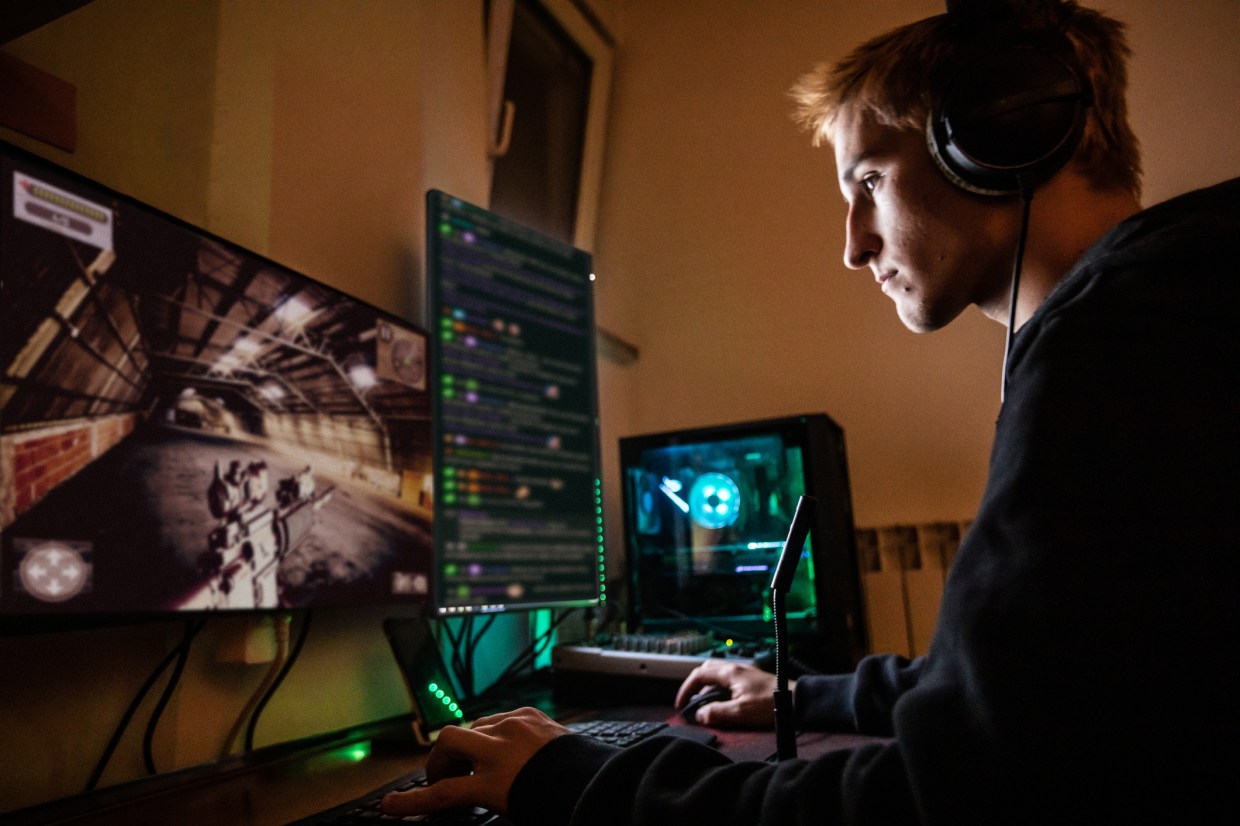In-game cheats are about to have an even harder time of things in triple AAA titles such as Call of Duty. Activision’s “Ricochet” software – a kernel level driver anti-cheat system – has added another twist to the tale of how players are protectedvia a new system called “Cloaking”.
Making all new punishments fit the crime
Anti-cheat software typically sniffs out people breaking the rules and penalises them. Ricochet adds some perks into the mix for people who aren’t cheating, whenever someone up to no good joins a gaming session.
As an example, if I’m using an aim-bot to assist me in scoring cheap kills and I join your Call of Duty server, I won’t just be instantly kicked out. Two things will happen:
- Mitigations are deployed to help regular players not lose unfairly to cheaters like me, running round with aim-bots and wall hacks.. The already existing “Damage Shield” disables critical damage applied to non-cheating individuals. This means I can do everything in my power to win, but it almost certainly won’t be enough thanks to the second thing that happens.
- The new feature called “Cloaking” kicks in, which combined with the Damage Shield will scupper my chances of victory forever. This is because, hilariously, all other players vanish from view. I can’t see their characters, their bullets, or even hear the noises they make. Essentially, I’ll be twirling around in an empty space, firing bullets that do no damage. The best is yet to come. From the FAQ:
“Legitimate players, however, can see cheaters impacted by Cloaking and can dole out in-game punishment. Similar to Damage Shield, Cloaking gives legitimate players a leg up on cheaters.”
That’s nothing to brag about: Shaming cheater out of gaming
Exploiters in games traditionally love bragging rights. Anything to score a cheap win is acceptable, and bragging rights arising from thatis one of the reasons people continue to do it.
Many common anti-cheat methods exist which involve loading up tools prior to game launch, seeing if anything is running which shouldn’t be, and then simply preventing a cheater from joining in the first place.
From experience, people just load up another game and try it there instead until they’re allowed in.
This system is a curious remix of more typical anti-cheat tactics. Not only are the developers accepting that cheats will eventually end up in a session somehow, they’re also obtaining valuable game data in real-time as to how the cheats react to this approach.
Can you imagine the embarrassment when other players in the session upload incredibly funny clips of cheaters helplessly spinning into walls and firing guns at lamp posts to YouTube or stream it on Twitch? It’s possible the threat of this alone will deter some people from that level of social shaming. Nobody’s cool factor can survive an encounter like that.
No stopping the ban train
Conscious of controversy surrounding anti-cheat tools, the developers have reassured players several times. The Ricochet system only operates when playing, and it isn’t always runningwhen playing. It also shuts down when the game is closed.
I don’t know for sure how many anti-cheat tools actually do run outside of a game being active. I suspect it’s not many, but it is good to see an organisation being very clear about what additional software needed to run a game does (and does not) do.
With 54,000 new account bans added to the 90,000 in March, the gamble seems to have paid off. We can expect to see more slightly weird and unusual approaches to shutting down cheaters in games. Letting them run free in a gaming hamster maze while both regular players and developers observe at their expense? This is simply too good an opportunity to pass up.










